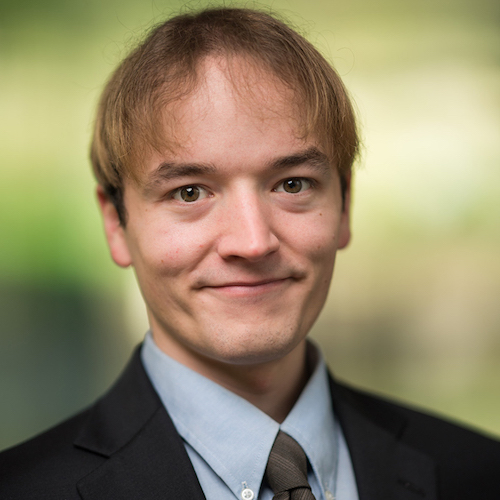Dissertation Defense
A Comprehensive Computational Model of PRIMs Theory for Task-Independent Procedural Learning
This event is free and open to the publicAdd to Google Calendar

Abstract: To date, we do not truly understand how human learning is task-independent at the computational level. Researchers have theorized that we can account for many human cognitive behaviors if we combine a task-independent set of primitive procedures with a robust, general learning mechanism that compiles them into cognitive skills for various tasks. PRIMs theory of human procedure learning and transfer shows how a task-independent set of primitive procedures can support learning in any task that is also supported by the underlying cognitive architecture. However, its published implementation, Actransfer, focuses on modeling transfer and does not specify all of the computational details of PRIMs theory.
This thesis presents a computationally comprehensive cognitive architecture model of PRIMs theory that I call the PROPs system. PROPs extends PRIMs theory by filling the gaps in Actransfer. I do this by unifying it with three-phase learning theory from psychology, task set theory from neuroscience, and Soar theory from cognitive architecture research. This achieves several improvements in the model’s ability to replicate human learning behavior.
Among the contributions of this work, I introduce a novel form of primitive processing that explains the origins of PRIM procedures and supports procedural learning in an unbounded, dynamic working memory space. I also extend Soar theory with gradual procedural learning and introduce a novel computational approach by which a cognitive architecture model can learn to guide long-term declarative memory retrievals based on task context. I finally introduce a novel computational approach for deliberate retrievals based on choice-based decision making.
In my evaluation, I identify how PRIMs theory might be further unified with neuroscience theory to include declarative learning. I also identify boundaries where PRIMs models can or cannot currently account for human processing when constrained to be task-independent and consistent with the surrounding cognitive architecture.
 MENU
MENU 
